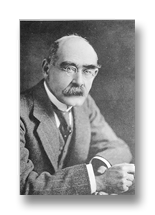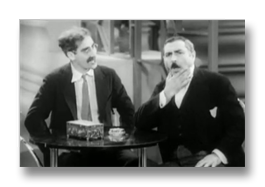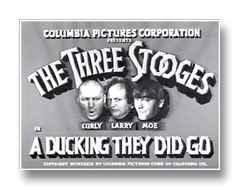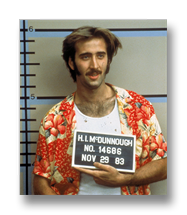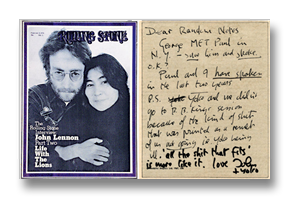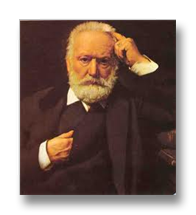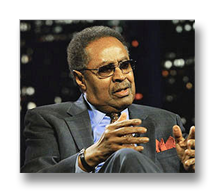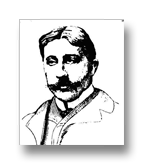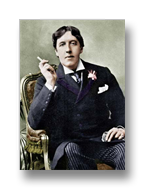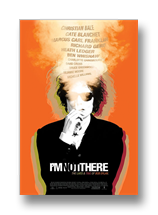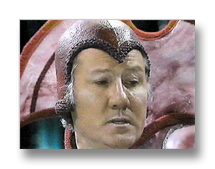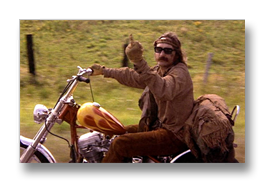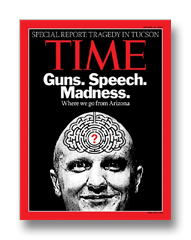| THE FAMOUS ORIGINAL QUOTE: “Oh, East is East, and West is West, and never the twain shall meet.” |
| GROUCHO’S VERSION: “We must remember that art is art. Still, on the other hand, water is water, isn’t it? And east is east and west is west and if you take cranberries and stew them like apple sauce, they taste much more like prunes than rhubarb does.” |
| THE STOOGES VERSION: Moe: “Spread out and remember, ducks is ducks and cash is king.” |
| THE WOMAN WARRIOR PRINCIPLE: “Feminine is feminine, masculine is masculine, and ne’er the twain shall meet. The woman warrior triumphs not by being a successful woman in a male world (the exception which proves the rule or the token which solidifies convention), nor by transcending gender difference in androgynous equality, but by passing as a man, denying her biological sex altogether...Passing as a male, the woman warrior would refuse her body the power to determine her identity.” |
| A CHRISTIAN BIOLOGIST’S THOUGHTS ON EVOLUTION: “As Christians we don’t have to simply stand aside and say, Well, science is about the material and religion about the spiritual, and ne’er the twain shall meet. Instead, we can rejoice as Christians in the ethical meaning behind what evolutionary biologists are increasingly finding.” |
| HUEY’S THOUGHTS ON THE EVOLVING MUSIC MARKET: “Today, society is integrated, but music is segregated. You have country here, R&B here and never the twain shall meet.” |
| THE GENESEE BEER BOAST: “In the old days, there were ales and there were lagers. Ales were flavorful. Lagers were smooth. And never the twain did meet. Until Genesee Cream Ale. And then the twain met head on to form an American Original with the flavor of an ale and the smoothness of a lager.” |
| THE TATTOO QUOTES QUOTE: “Once upon a time, there were people who enjoyed quoting from classic literary texts, and people who enjoyed getting tattoos, and rarely the twain did meet. But tattoos have gone mainstream, and the result is a paradox of the digital age: Nowadays, nothing demonstrates a commitment to literature better than words inked on skin.” |
| COWDOG WISDOM: “Cowdogs and coyotes don’t mix. We’re natural enemies, born on different sides of the law, and as the old saying goes, “Never the twangs shall meet.” Exactly what a ‘twang’ is, I never figgered out.” |
| COEN BROTHERS WISDOM: “There’s what’s right and there’s what’s right and never the twain shall meet.” |
* * * * * * * * * * * * * * * * * * *
Comments? Questions? Corrections? Post them on my quotations Facebook group.
Further reading: some recent collections of quotes…

